How Eating Seaweed Can Help Cows to Belch Less Methane

Emissions from the nearly 1.5 billion cattle on earth are a major source of methane, a powerful greenhouse gas. Now, researchers in California and elsewhere are experimenting with seaweed as a dietary additive. Farmers in ancient Greece and 18th-century Iceland deliberately grazed their cows on beaches.
Marine mammals most at risk from increased Arctic ship traffic
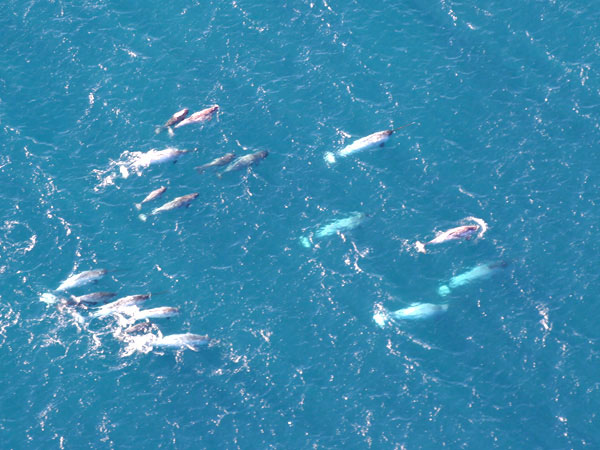
The first comprehensive survey of Arctic marine mammal populations’ vulnerability to shipping along two main routes finds which face the most risks from heavier traffic in the region.
Coral reefs ‘will be overwhelmed by rising oceans
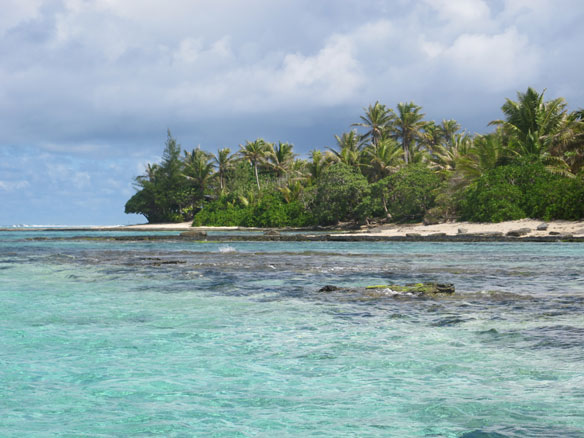
Scientists have uncovered a new threat to the world’s endangered coral reefs. They have found that most are incapable of growing quickly enough to compensate for rising sea levels triggered by global warming.
Ex-Nasa scientist: 30 years on, world is failing ‘miserably’ to address climate change
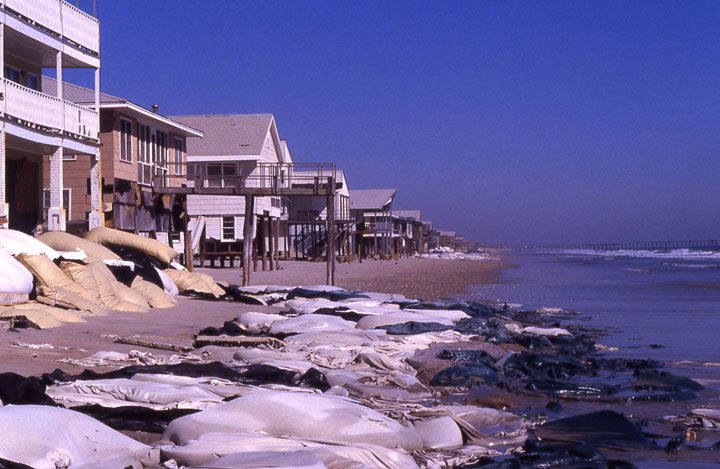
Thirty years after a former Nasa scientist sounded the alarm for the general public about climate change and human activity, the expert issued a fresh warning that the world is failing “miserably” to deal with the worsening dangers.
You Are More Powerful than You Think

Just like every raindrop counts towards a river and every vote counts in an election, so does every choice you make in what you consume. With every produce you consume, you strengthen the river of sustainability or of unsustainability.
Rate of Antarctica’s ice melting has tripled since 2012, study finds
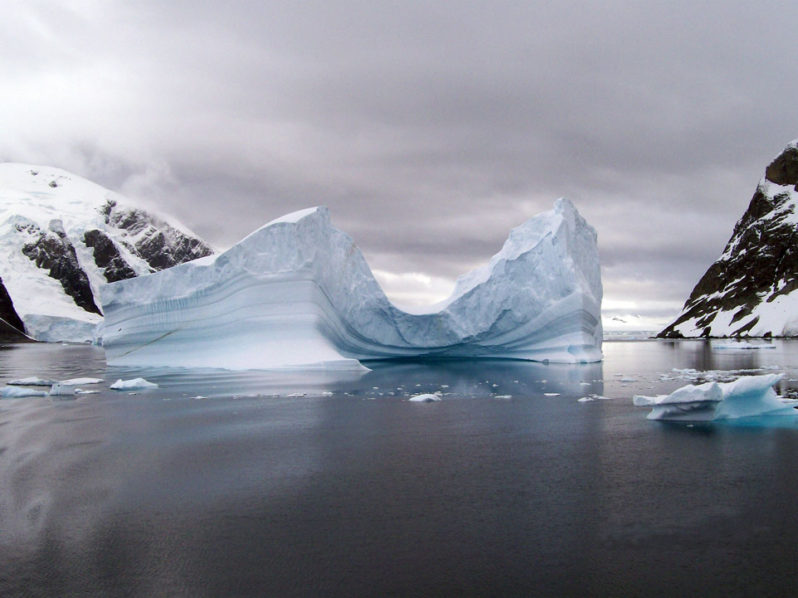
The rate at which ice is melting on Antarctica has tripled in recent years, according to a study published Wednesday in Nature. Coastal communities along the U.S. could feel the impact of a continued increase as melting ice adds to sea level rise, say experts.
Giant African baobab trees die suddenly after thousands of years

Some of Africa’s oldest and biggest baobab trees have abruptly died, wholly or in part, in the past decade, victim to climate change, according to researchers.
Pope Tells Oil Executives to Act on Climate: ‘There Is No Time to Lose’

Pope Francis issued a sweeping letter that highlighted the global crisis posed by climate change and called for swift action to save the environment and the planet.
CO2 Levels Break Another Record, Exceeding 411 Parts Per Million
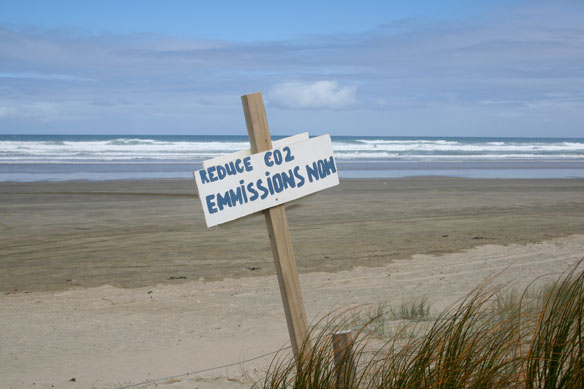
Levels of carbon dioxide in the atmosphere exceeded 411 parts per million (ppm) in May, the highest monthly average ever recorded. In addition, scientists found that the rate of CO2 increase is accelerating.
